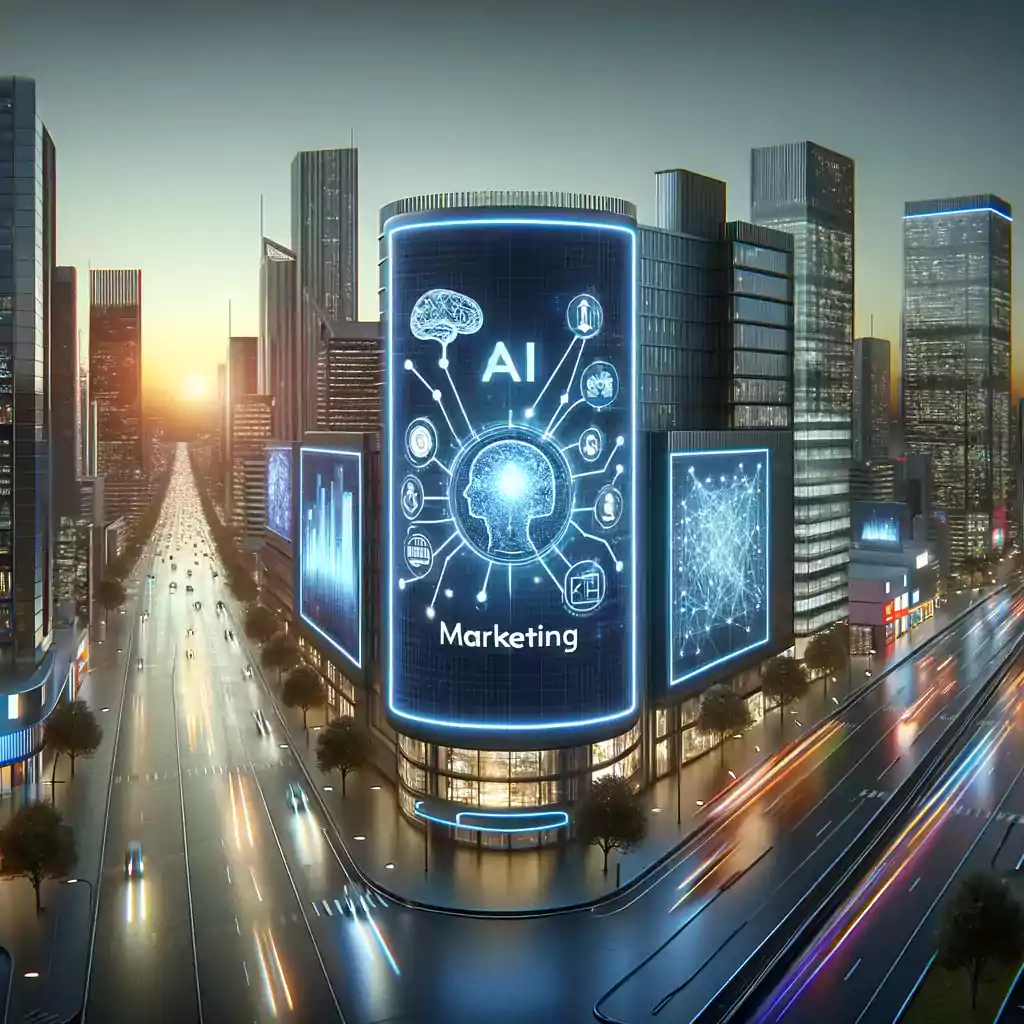The Power of AI Marketing Bots: Smarter, Faster Marketing
Ever wished your marketing could work 24/7, understand your customers, and free up your team to focus on the big picture? Say hello to AI marketing...

Welcome to the digital era, where AI in marketing isn't just a fancy buzzword—it's the secret sauce for connecting with customers like never before, supercharging ads, making every experience feel tailor-made, and predicting the next big thing before it even happens. With AI, the marketing game isn't just being played; it's being transformed. AI algorithms analyze customer data to uncover insights that humans might miss, enabling more effective targeting and messaging. These technologies also automate repetitive tasks, freeing up marketers to focus on creative and strategic work.
First up, let's talk chatbots. Drift's smart chatbots excel at getting to know customers better than they know themselves, providing instant answers, personalized tips, and spot-on product recommendations. This approach makes customers feel heard and keeps them coming back for more, fostering a sense of loyalty and trust. Moreover, these AI-driven interactions collect valuable feedback in real-time, allowing companies to quickly adapt their offerings to meet changing customer needs.
AdRoll utilizes AI to sift through heaps of data to figure out who customers are and what they like, ensuring ads hit the mark every single time. Real-time tweaks and laser-focused targeting become strategies for getting more bang for the buck, significantly reducing waste in ad spend and increasing the likelihood of conversions. AI's capability to predict customer behavior and preferences leads to more relevant and engaging ads, strengthening the overall impact of marketing campaigns.
Amazon stands out by making every customer feel like the store was built just for them, suggesting items they can't live without based on their behavior and preferences. This level of personalization not only enhances the shopping experience but also significantly increases customer satisfaction and loyalty. AI's deep learning algorithms are constantly refining these recommendations, ensuring they become more accurate and relevant over time, driving sales and deepening customer engagement.
Salesforce uses AI to peek into the crystal ball, helping companies anticipate trends and understand customers' next moves. This predictive power allows for more strategic planning and agile responses to market changes, giving companies a competitive edge. By analyzing historical data and current market dynamics, Salesforce's AI tools enable marketers to craft strategies that resonate well with their target audience, optimizing marketing efforts for maximum impact.
While AI in marketing opens up vast opportunities for innovation and engagement, it's important to acknowledge the potential downsides and challenges. Privacy concerns and ethical considerations around data use are at the forefront, urging marketers to navigate the fine line between personalization and intrusion. Additionally, the risk of diminishing human touch in customer service and potential biases in AI algorithms call for a balanced approach. Marketers must remain vigilant, ensuring AI tools are used responsibly and inclusively to truly enhance the customer experience without compromising trust or integrity. As we embrace AI's potential, addressing these challenges head-on will be crucial for sustaining its positive impact in the marketing world.
Incorporating AI into marketing strategies is not just about making life easier (though it certainly achieves that); it's about creating deeper connections, sparking meaningful conversations, and making every customer feel like the VIP of a brand. Innovators like Drift, AdRoll, Amazon, and Salesforce are not just reaching customers; they are engaging with them on a whole new level. This AI-driven approach to marketing is reshaping the landscape, making interactions more personalized, strategies more data-driven, and outcomes more successful. Welcome to the future of marketing—it's pretty awesome here.

Ever wished your marketing could work 24/7, understand your customers, and free up your team to focus on the big picture? Say hello to AI marketing...

AI voice technology is emerging as a powerful tool with significant implications across marketing, sales, and service. With the recent release of ...

Smart use of data moves the needle in financial marketing. And in a highly competitive market with few net new prospects, financial institutions...